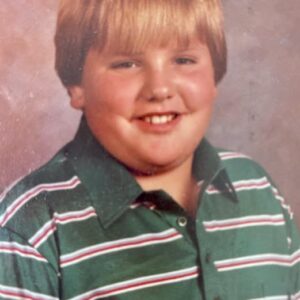My hometown was modest, nestled between two pristine homes and a weathered, overgrown house that seemed forgotten by time. That house belonged to Mrs. Calloway, my elderly neighbor, two doors down.
I never expected her to notice me, but one brisk spring morning, she waved me over. “You’re the new girl, aren’t you?”
“It’s been five months, but I guess I still count as new,” I replied, smiling.
Her sharp eyes softened. “Would you sit with me for a moment? I could use some company.”
One evening, while sipping tea on her porch, I asked, “Do you have any family?”
“Not anymore,” she said softly, discouraging further questions.
One afternoon, while cleaning her mantle, she said, “You remind me of someone I knew a long time ago.”
Her funeral was as simple as her life. A few strangers attended, none of whom seemed close to her.
“I’ll miss you, Mrs. Calloway,” I whispered, my voice trembling. “Thank you for everything.”
A month later, a man in a suit knocked on my door. “Kate?” he asked.
“Yes?” I replied, puzzled.
“I’m Mrs. Calloway’s lawyer. She left instructions to deliver something to you.”
The letter began, “You are not just the kind soul who helped me in my final years. You are my granddaughter.”
I froze, heart racing as the lawyer explained. “She feared you’d reject her. Mrs. Calloway left her entire estate to you—over $20 million, including her home.”
In her bedroom, I found another letter: “Finding you was the greatest blessing of my life. You were my second chance, my redemption. With all my love, Grandma.”
Tears streamed down my face. I clutched the letter, feeling her love fill the emptiness I’d carried since my mother’s passing.
In the garden, I found an unfinished painting—a sunlit meadow with the words on the back: “For Kate, my light in the darkness.”
I decided to restore the house and turn it into a sanctuary for artists and dreamers, a place where her memory and love could live on. Sometimes, the past doesn’t just haunt us—it heals us.





